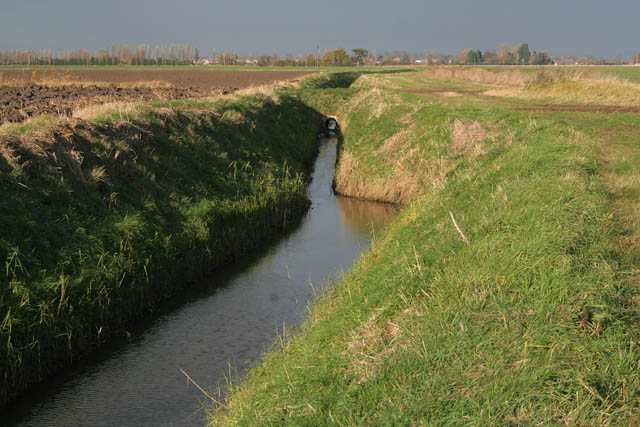Saskatchewan’s Minister Responsible for the Water Security Agency (WSA), Scott Moe, introduced amendments to The Water Security Agency Act on November 29th that will change how agricultural drainage complaints are handled in the province.
“With these changes, the process will be further streamlined which will mean a quicker resolution of requests for assistance on drainage issues for producers,” Moe said. “It encourages producer co-operation through the formation of watershed associations and allows for producer-led projects.”
This legislation will support regulations announced in September 2015. The Management Strategy is focused on ensuring drainage projects can be permitted when they have downstream landowner permission to drain and are draining into an adequate outlet. Legislators are determined to deliver responsible agricultural water management by streamlining the regulatory system, effectively addressing the risks associated with drainage in the approval process, and enabling development of sustainable drainage projects with more long-term certainty.
Under the process that Moe has proposed, if WSA receives a request for assistance they will first confirm the presence of a drainage project, then recommend the owner obtain a permit or close the works. WSA will work with producers to permit drainage works through the usage of gates and gated culverts, which help to provide organized and controlled drainage.
This replaces the previous formal complaint process which could take up to two years before some resolution could take place. Under the new legislative changes, WSA estimates it can complete requests for assistance within 90 days.
The fine structure for agricultural drainage is also changing. During consultations on the drainage regulations released in 2015 as part of the Agricultural Water Management Strategy, stakeholder groups expressed support for increased fines. Fines, which would be imposed under The Water Security Agency Act, are changing from a maximum of $10,000 per day to up to $1 million per day. The fine amount is determined by the courts and is weighted to the severity of the situation.









